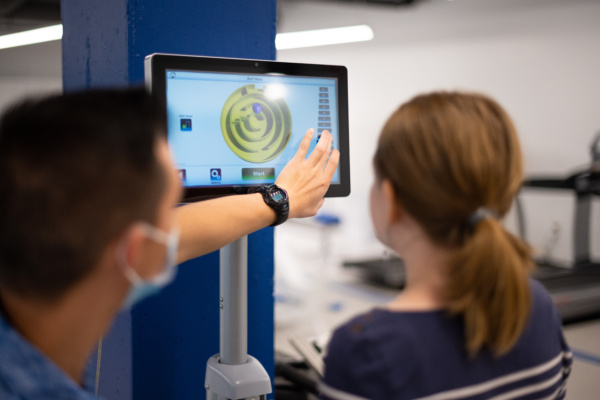The time for college admissions is here. How much does college cost? Does this college have my major? If you’re looking for a college, you’re probably asking some of these questions.
But have you considered that your college experience involves more than just money and your major? Don’t focus on just those two things. Ask these college admissions questions as well.
When should I start applying for financial aid?
Johnny is a high school senior coming to BJU in the fall, and he started applying for financial aid towards the end of the school year. Like Johnny, many high school students wait until the end of their senior year to ask for financial aid.
Sadly though, most of our aid funds have been emptied by then. Don’t be like Johnny. Start applying at the end of your junior year. That way you’ll have better chances of getting more aid.
Every year, we send prospective students a file with over one hundred scholarship options. Most students only apply for large scholarships and overlook the smaller ones. But the smaller ones are often easier to get because they have fewer applicants.
When you’re looking for scholarships, organization is key. When I was applying for scholarships in high school, I kept track of all the scholarship due dates. If I didn’t hear back from a scholarship committee by the award date, I’d move on.
See Also: ScholarshipUniverse: Asset to Students Seeking Assistance
What factors should affect my college choice?
Maybe you want to go to a cheap college that’s close to home. You want to save money and stay in your comfort zone. I get it. But these are shallow reasons for choosing a college. Instead, you should consider financial aid, education quality, and spiritual and personal growth opportunities.
Consider a good quality education that’s not overpriced. You could get a cheap education at a community college, but you’ll get what you pay for. You wouldn’t buy cheap, low-quality concrete for building the foundations of your house, right? Don’t cut corners with your education.
Will you have opportunities to grow spiritually in the college you pick? Do you want to get plugged into a college where chapel services and discipleship groups are regular events?
And what about how you’ll grow personally while in college? Employers want to hire people with soft skills—people, social and communication skills. Pick a college where you’ll develop those.
How can I invest in others?
“What can I get out of college?” If you’re like most college-bound students, you’re probably asking this question. But students often forget that college involves investing in others and forming relationships.
Look for a college that offers student leadership opportunities. Apart from developing your leadership skills, you can also invest in students’ lives. The best leaders don’t chase titles—they love people and invest in them. At BJU, students can join the Student Leadership Council and impact the student body for good.
Students often don’t consider the additional resources colleges provide. BJU, for example, has a Center for Global Opportunities, which functions as the headquarters for the University’s missions trips and outreach opportunities.
What are the experiences of graduates in the job market?
“Where is this going to get me?” Consider how far your college of choice will take you. I talk to many students who focus on the here and now. They look at the specific type of education they want to get. But book knowledge doesn’t get you jobs.
Picture yourself ten years from now. What goals do you want to achieve? Where do you want to work? Choose the college that will best equip you to succeed in the real world.
BJU offers many internship opportunities, and companies will often recommend good interns. Many times these interns are hired. His last year of college, my roommate interned for Ernst & Young. And like many other BJU students, my roommate was hired before graduation.
Why a Christian education?
Both Christian and secular colleges will influence you with their worldview. Spending four years at a college—Christian or secular—will affect how you think. And the agendas of secular colleges are much more dangerous than you think.
Many of my friends went to secular colleges only to leave their faith in the process. If you’re not grounded in your faith or involved with a Christian group on campus, you’ll be bombarded with lies with no support around you.
If you plan to study majors related to music, science and the arts, be prepared to face a secular perspective that’ll challenge your faith. Several students at BJU have transferred from secular colleges because assignments they had to complete went against what they believe.
Ask yourself those relevant college admissions questions. Invest in a quality education. I’m thankful for my Christian education from BJU because it gave me the tools to succeed professionally and spiritually.








